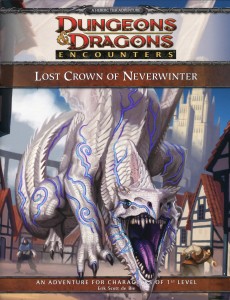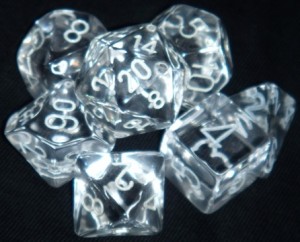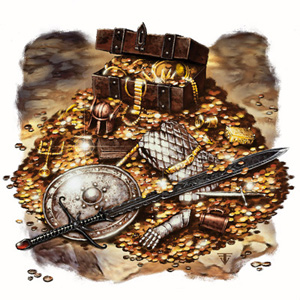There is a spoken contract at my gaming table which dates all the way back to when I first started Dungeon Mastering. Characters brought to my table are a part of a story that we, being the players and I, are telling. Characters do not cease to exist while their player is absent. If you cannot make the session, arrangements can be made to either have your character elsewhere for the adventure or played by another PC for combat and the like. While playing another player’s character has been addressed already in this blog, there is another aspect to this contract which I make clear to my players.
If you are not enjoying your character, feel free to bring in a new character. If you are not having fun at my game, feel free to leave it. I will not think less of you. Your old character, though, they now belong to the story. And they will invariably die or turn evil.



